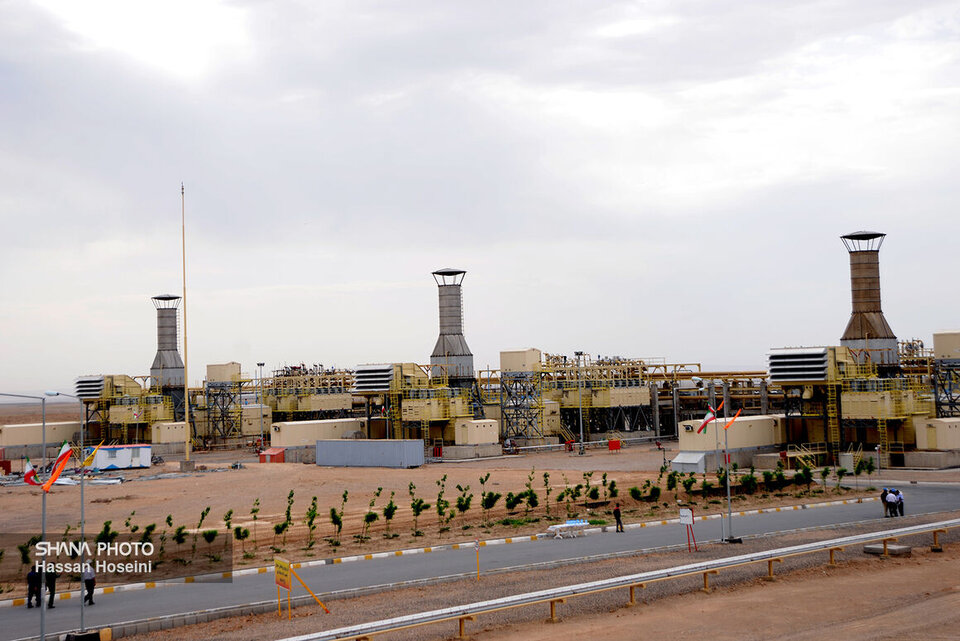Mohammadreza Joulaei spoke Tuesday at the annual meeting of senior gas industry managers, attended by Saeed Tavakoli, deputy oil minister for gas affairs. He said, “Last winter was extremely challenging for the gas industry, but thanks to the determination and relentless efforts of employees nationwide, we overcame it successfully.”
Highlighting the measures taken by the production coordination and supervision department last year, Joulaei noted that refineries implemented highly effective actions to ensure energy supply. “Our colleagues in the refining sector, alongside other divisions of the National Gas Company, worked tirelessly to maximize and sustain production,” he said.
He added that some critical actions taken at refineries—such as South Pars, Shahid Hasheminejad, Fajr Jam, and Sarkhoon—involved significant risks, yet they prevented any loss of gas.
Unprecedented coordination across gas sector
Joulaei pointed out that refineries processed over 1 billion cubic meters of gas daily—40 million cubic meters more than planned. Of this, 880 million cubic meters entered transmission lines, which were efficiently managed by the gas transmission company. “This reflects our colleagues’ relentless efforts to ensure we did not fail the nation during critical times,” he said.
Despite limitations, distribution teams managed pressures through continuous coordination, and the National Gas Company’s dispatching team worked at full capacity to maintain seamless operations.
Joulaei emphasized that this year’s key achievement was exceptional coordination between sectors—refineries and transmission, engineering, and development teams—enabling rapid deployment of personnel and equipment without formal delays. “This saved significant time and demonstrated precise coordination across the company,” he said.
Addressing shortcomings
Acknowledging existing shortcomings, Joulaei said efforts are underway to resolve them. “This year, we will focus on three key areas, particularly research and development, and review supply chain processes for improvement—all to enhance the gas industry’s quality and productivity.”
He urged all departments to implement necessary reforms, stressing that the operational coordination seen between refineries and transmission should extend to other units, especially headquarters. “This will boost efficiency and synergy across the organization.”
Joulaei concluded by noting that while work at the NIGC is demanding, every challenge serves a purpose. “We endure these difficulties for growth and excellence, sparing no effort to achieve progress.”


Your Comment